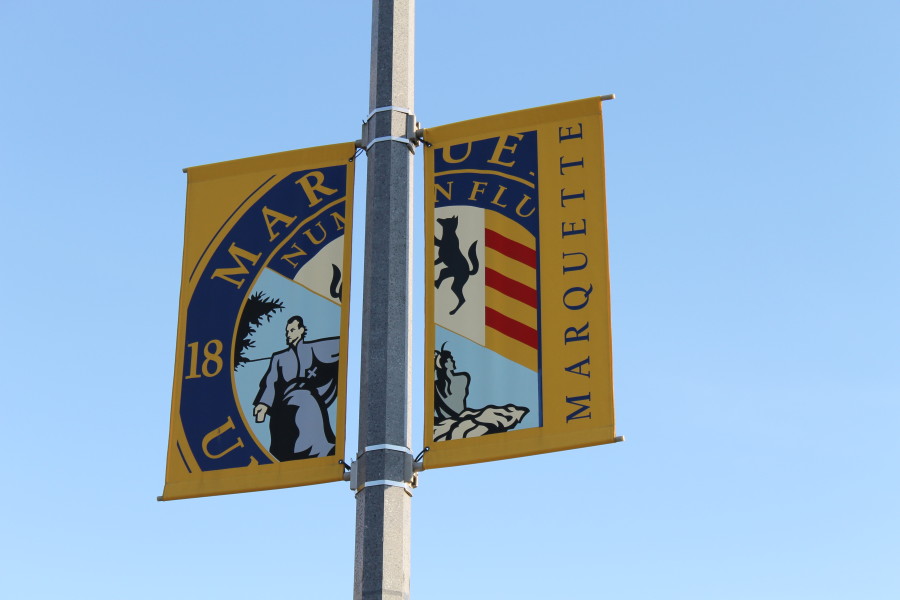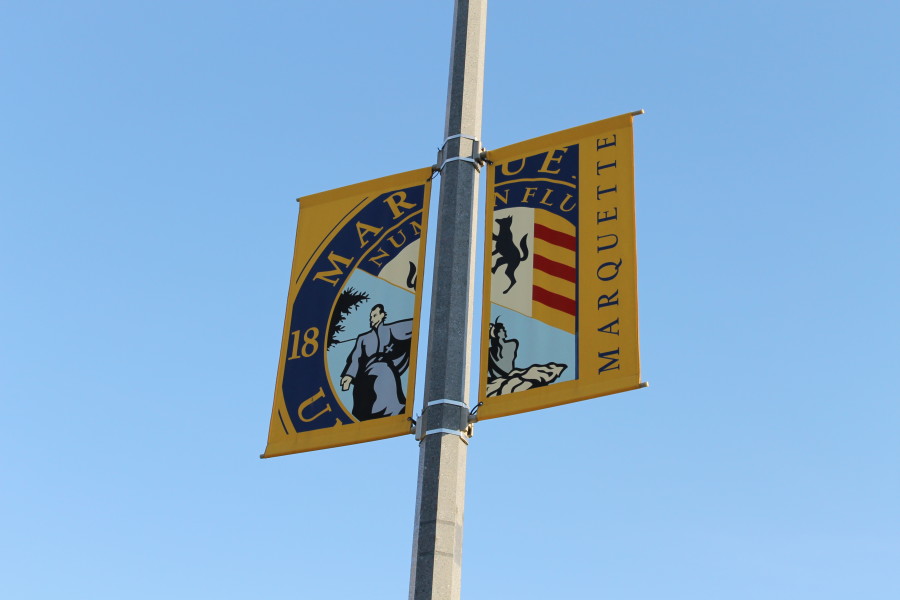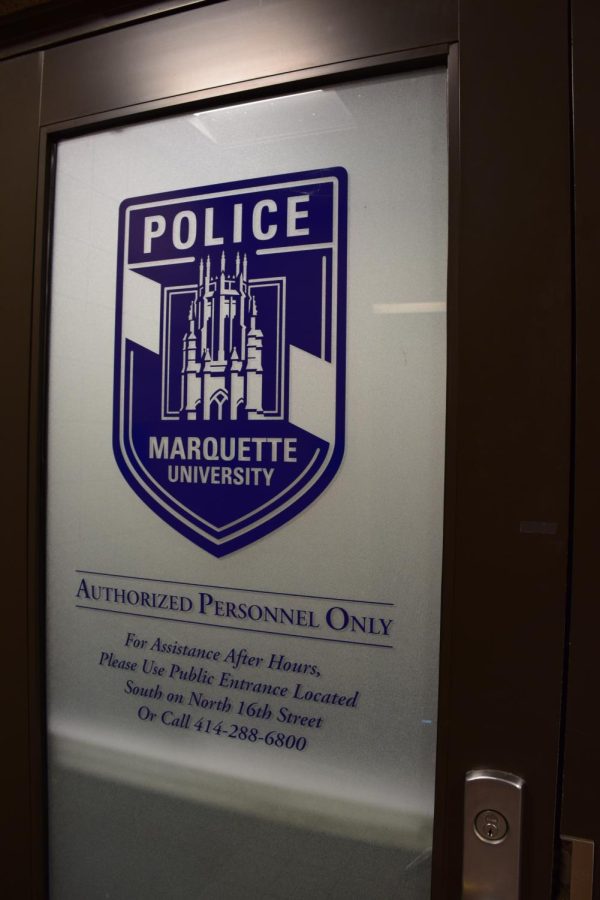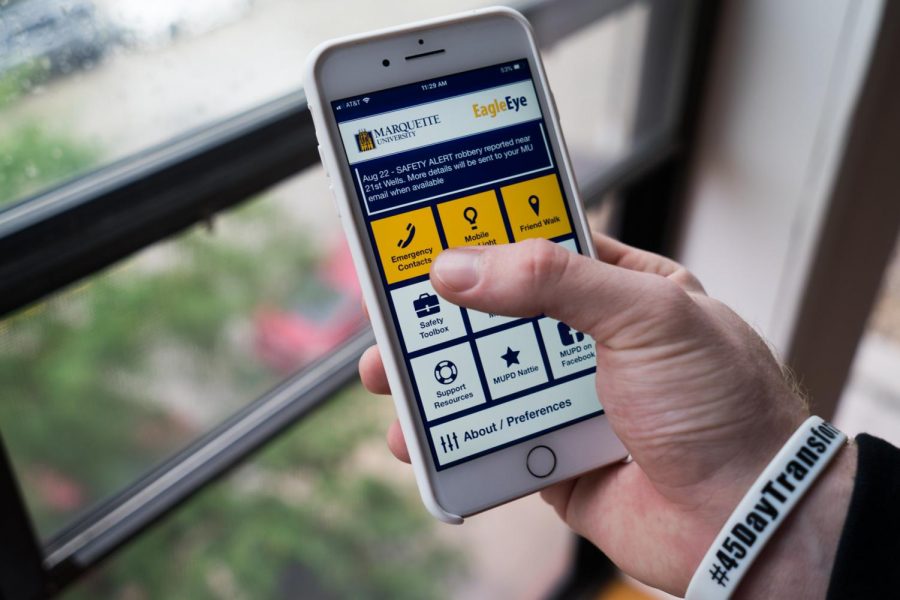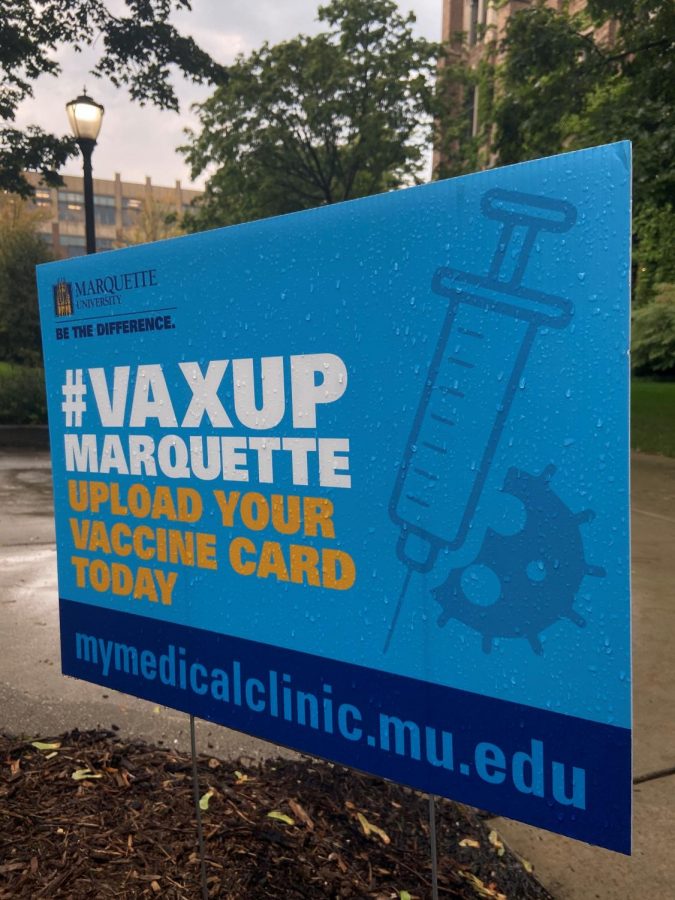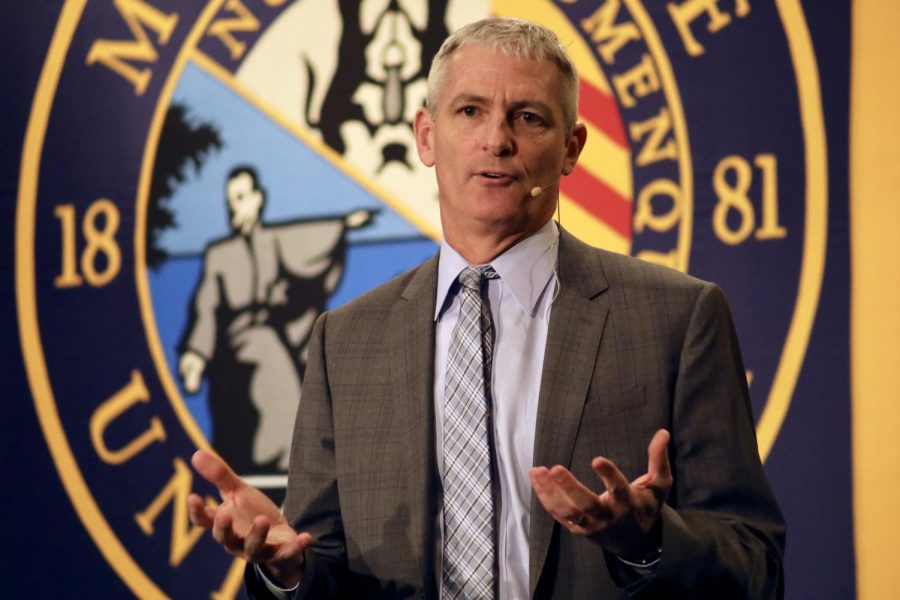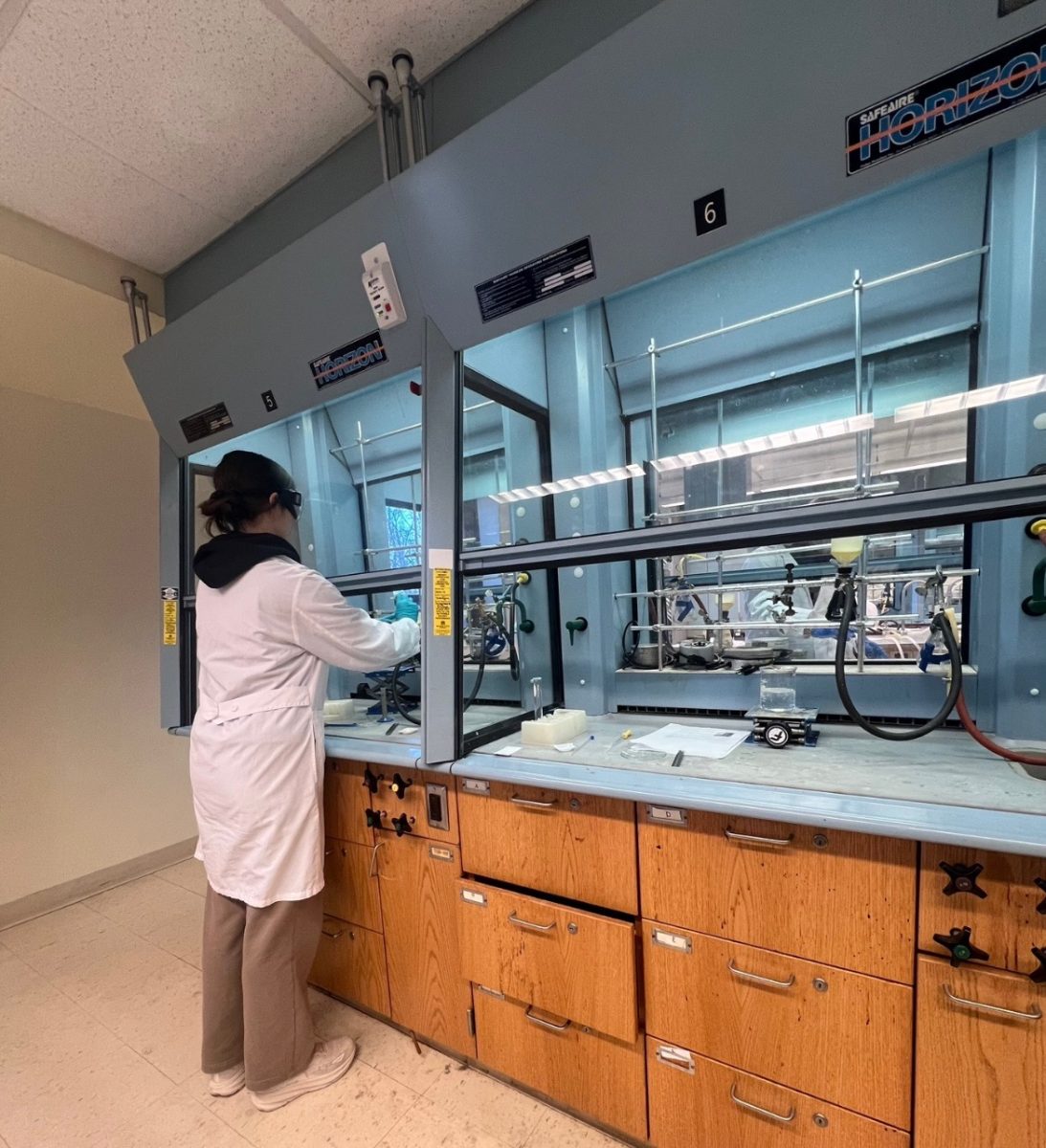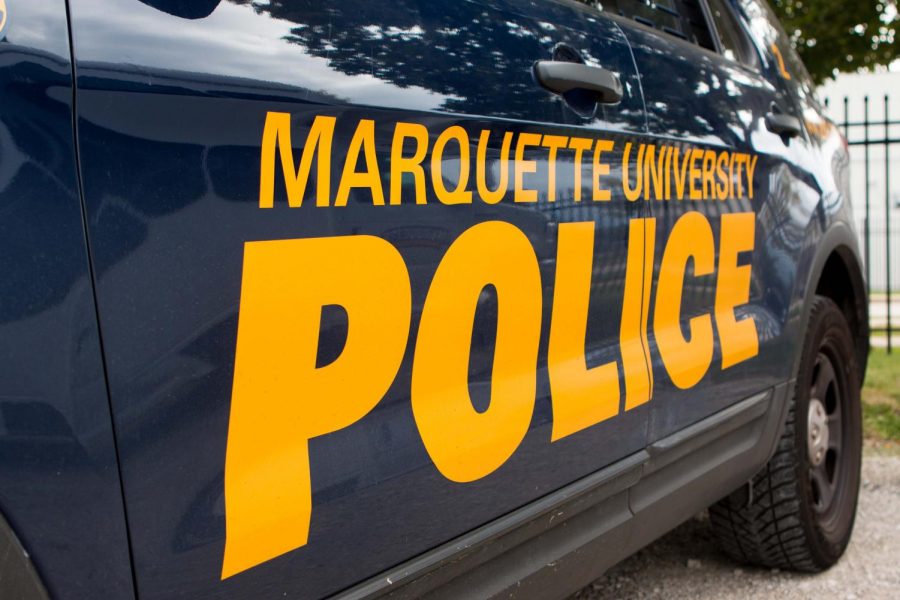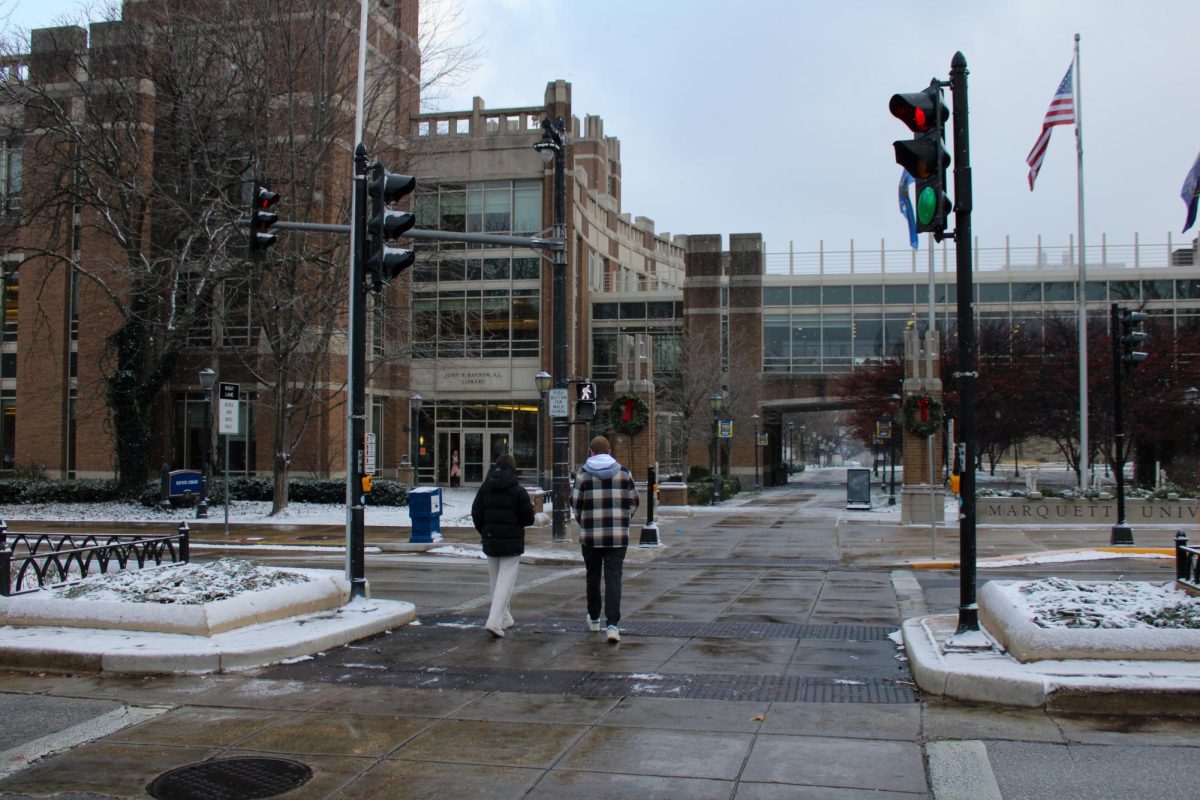After Marquette experienced a rocky semester last spring in terms of its social innovation programs, university leaders are now looking to newly selected University President Michael Lovell to move the school forward.
“President Lovell has been a keen supporter of social innovation at (the University of Wisconsin-Milwaukee), as evidenced by initiatives including the Global Water Center and Innovation Campus,” said John Su, director of Marquette’s core of common studies, in an email. “I’m confident he’ll continue to develop such initiatives at Marquette.”
“Social innovation” is one of the seemingly fluffy terms thrown around by administrators, but in essence it describes the university’s efforts to provide resources for students to be entrepreneurial and to tackle issues facing society.
Those efforts took a hit once Jeff Snell, a professor who founded Marquette’s Social Innovation Initiative and taught an honors seminar called “How to Change the World,” was let go during last semester’s budgets cuts.
As a result, the FixesU organization, which was created by the New York Times and was a part of the SII, severed its affiliation with Marquette due to “not having enough support to help it grow.”
The SII is still in existence at the university, partnered with Ashoka: Innovators for the Public, the largest global organization for social entrepreneurs. And despite the loss of Snell, Marquette is still a member of the AshokaU Changemakers Campus organization.
Jeanne Hossenlopp, vice provost for research and dean of the graduate school, now serves as the SII’s co-leader alongside the Rev. Nick Santos, assistant professor of marketing.
“We’ll be focusing more on developing opportunities for students and other members of the university community to engage in social innovation projects,” Hossenlopp said in an email.
She specified that part of the SII’s focus is to develop partnerships with groups that could help student create their own startups, like the Global Social Benefit Institute at Santa Clara and The Commons, a group specific to southeast Wisconsin developed in part by the Innovation in Milwaukee initiative. Lovell serves as one of three co-chairs for that initiative, also known as “MiKE.”
These partnerships would be the follow up on focus groups Hossenlopp and Santos conducted last semester with students and faculty to pin down what direction the university wanted to take social innovation.
“The benefit of socially innovative solutions is accrued primarily by the community being served, rather than individuals,” Hossenlopp said. “Marquette’s Catholic and Jesuit tradition has always fostered a deep commitment to the well-being of the whole human family.”

